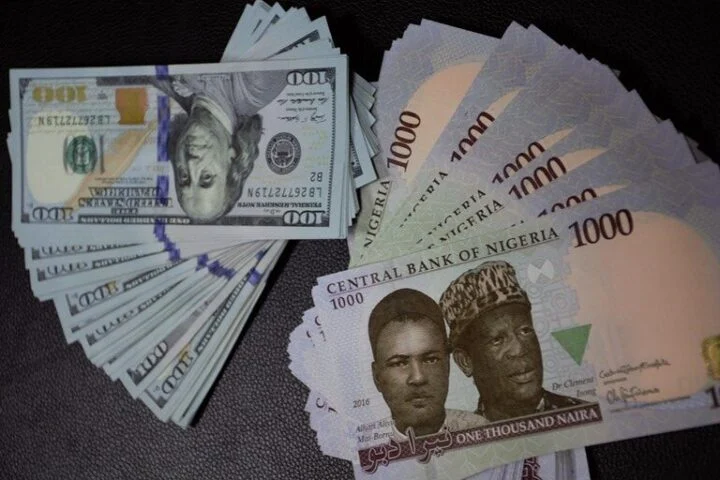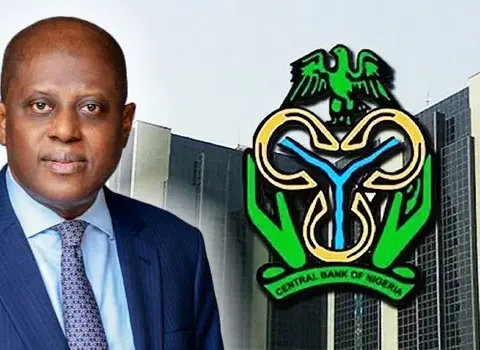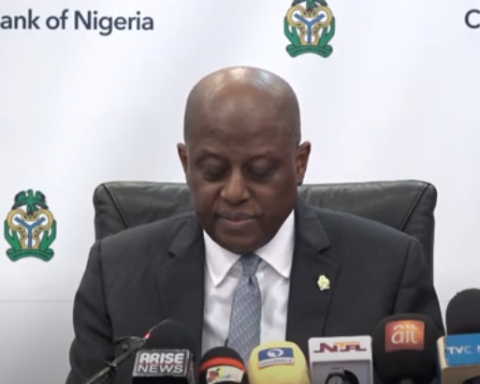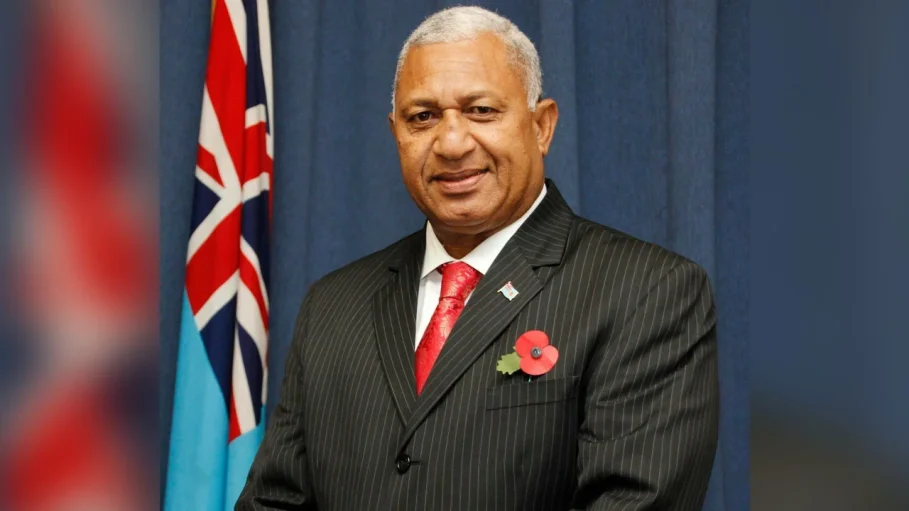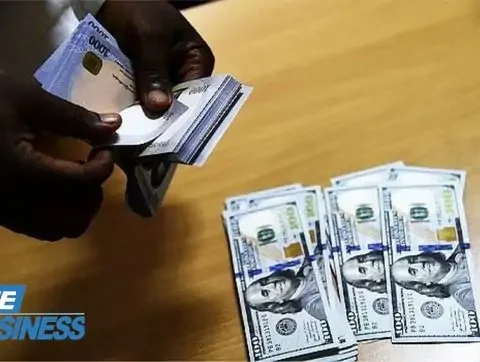In April, the naira took a steep dive, ranking as the worst-performing currency globally, according to a Bloomberg report.
This unexpected shift has sparked concerns, particularly in Nigeria’s financial circles, as the once-promising trajectory of the local currency now faces a downward spiral.
Join our WhatsApp Channel“The naira’s recent decline has been quite alarming,” remarked Olayemi Cardoso, the Governor of the Central Bank of Nigeria (CBN). “We’re closely monitoring the situation and taking necessary steps to stabilize the market.”
Indeed, the naira’s value plummeted to a one-month low of 1,470 against the dollar on the parallel market, commonly known as the black market. Traders attributed this decline to a surge in demand for dollars, primarily for purposes such as education, healthcare, and tourism.
“The increasing demand for dollars has put significant pressure on the naira,” noted Abubakar Muhammed, CEO of Forward Marketing Bureau de Change Ltd. “It’s a challenging time for small businesses and individuals alike.”
This downturn prompted the CBN to implement various measures to mitigate the situation. In recent months, the central bank has increased interest rates and intensified efforts to regulate the foreign exchange market. These interventions initially yielded positive results, with the naira strengthening and achieving a convergence between the parallel and official markets.
READ ALSO: Charge In Naira, EFCC Stops Embassies From Dollar Transactions
However, challenges persist, with experts warning of further turbulence in the coming weeks. Razia Khan, Chief Economist for Africa and the Middle East at Standard Chartered, highlighted the impending maturity of $1.3 billion in naira futures by the end of the month, potentially exacerbating market sentiment.
“The maturing naira futures could lead to increased demand for dollars,” Khan explained. “This, coupled with ongoing profit-taking by offshore investors, may further impact the exchange rate.”
The naira’s woes are not unique, as other African currencies, including the Zambian kwacha and Ghana’s cedi, also experienced significant depreciation in April. Factors such as debt restructuring negotiations and rising domestic demand for dollars have contributed to this regional trend.
“Until debt restructuring agreements are finalized, countries like Zambia and Ghana are unlikely to attract fresh capital inflows,” observed Ayodele Salami, Chief Investment Officer for UK-based Emerging Markets Investment Management Ltd.
Indeed, the challenges facing the naira and other African currencies underscore the importance of prudent economic management and effective policy interventions. As stakeholders brace for further developments, all eyes remain on Nigeria’s central bank and its efforts to stabilize the currency amidst a volatile global economic landscape.


